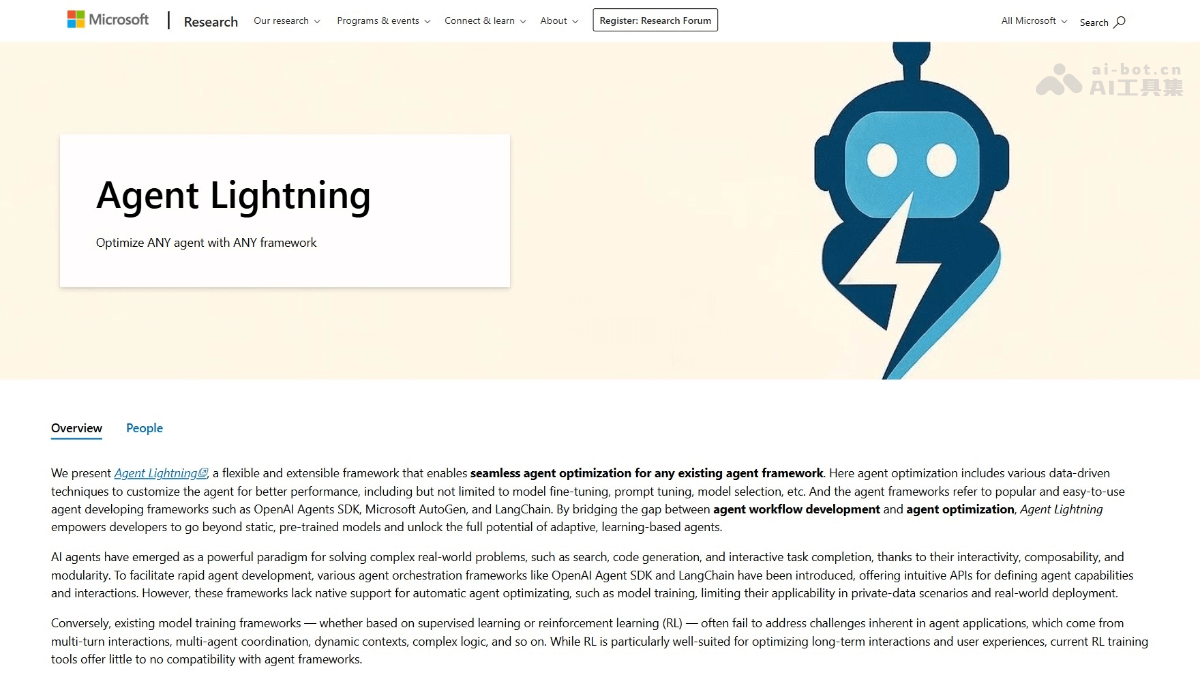
ChatAPI怎么用?
文章来源:智汇AI 发布时间:2024-11-05
ChatAPI的使用方式主要取决于具体的聊天平台和服务。以下以Google Chat API和Facebook Chat API为例,介绍如何使用ChatAPI。一、Google...
暂无访问ChatAPI的使用方式主要取决于具体的聊天平台和服务。以下以Google Chat API和Facebook Chat API为例,介绍如何使用ChatAPI。
一、Google Chat API的使用
-
准备工作
- 拥有一个Google Workspace账号,且账号具有Business或Enterprise权限。
- 创建一个Google Cloud项目,并启用Google Chat API。
- 配置OAuth同意屏幕,为Chat应用提供名称、图标和说明。
- 安装Node.js Cloud客户端库。
-
身份验证与授权
- 根据需求选择身份验证类型:应用身份验证或用户身份验证。
- 应用身份验证:创建服务账号凭据,并将凭据保存为名为credentials.json的JSON文件。
- 用户身份验证:创建OAuth客户端ID凭据,并将凭据保存为名为client_secrets.json的文件,复制到本地目录。
-
发送消息
- 使用Google Chat API的Message资源create()方法发送消息。
- 可以发送包含文本、卡片和互动式微件的消息。
- 可以向特定Chat用户私下发送消息。
- 可以发起或回复消息串。
-
代码示例
javascript复制代码import { createClientWithAppCredentials } from './authentication-utils.js';async function main() {const chatClient = createClientWithAppCredentials();const request = {parent: 'spaces/SPACE_NAME',message: {text: 'Hello world! I created this message by calling the Chat API\'s `messages.create()` method.',cardsV2: [{card: {header: {title: 'About this message',imageUrl: 'https://fonts.gstatic.com/s/i/short-term/release/googlesymbols/info/default/24px.svg'},sections: [{header: 'Contents',widgets: [{textParagraph: {text: 'Text which can include hyperlinks, emojis, and @mentions.'}}]}]}}]}};const response = await chatClient.spaces.messages.create(request);console.log(response);}main();
二、Facebook Chat API的使用
-
安装facebook-chat-api包
使用npm安装facebook-chat-api包:
bash复制代码npm install facebook-chat-api -
登录与会话管理
- 使用email和密码登录Facebook账号。
- 将会话状态保存到文件中,以避免每次运行时都需要登录。
-
发送消息
- 使用api.sendMessage()方法发送消息。
- 可以监听消息并自动回复,实现自动回复机器人功能。
-
代码示例
javascript复制代码const login = require("facebook-chat-api");const credentials = {email: "FB_EMAIL",password: "FB_PASSWORD"};login(credentials, (err, api) => {if (err) return console.error(err);api.listen((err, message) => {if (err) return console.error(err);// 发送相同的消息给发送者api.sendMessage(message.body, message.threadID);});});
三、注意事项
- 遵守平台规则:在使用ChatAPI时,要遵守聊天平台的规则和法律法规。
- 保护隐私:注意保护个人隐私和信息安全,避免在代码中硬编码敏感信息。
- 错误处理:在实际应用中,务必处理可能出现的错误,以确保程序的稳定性。
综上所述,ChatAPI的使用方式因平台而异,但通常包括准备工作、身份验证与授权、发送消息等步骤。在使用时,请务必遵守平台规则并保护个人隐私。































